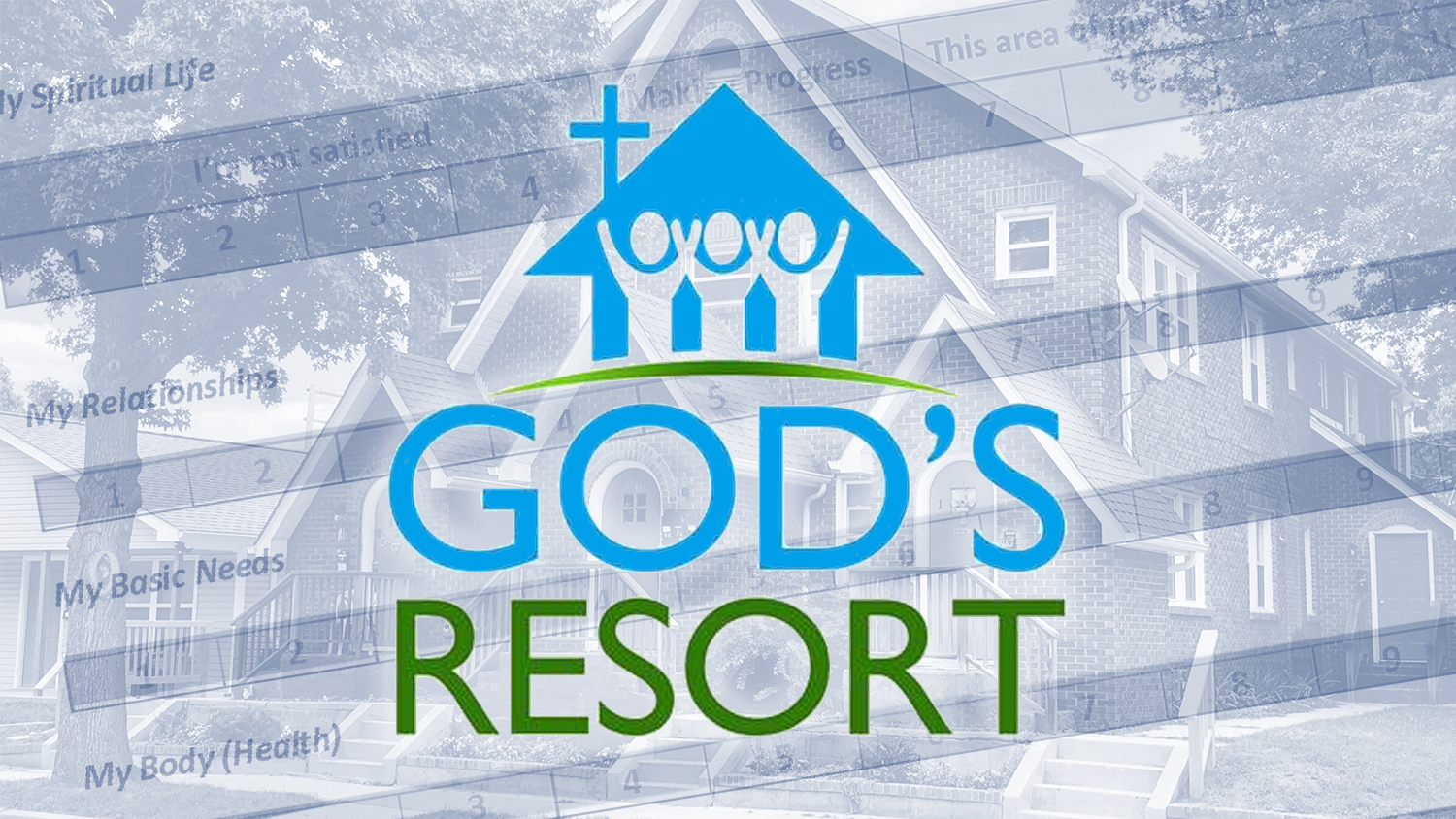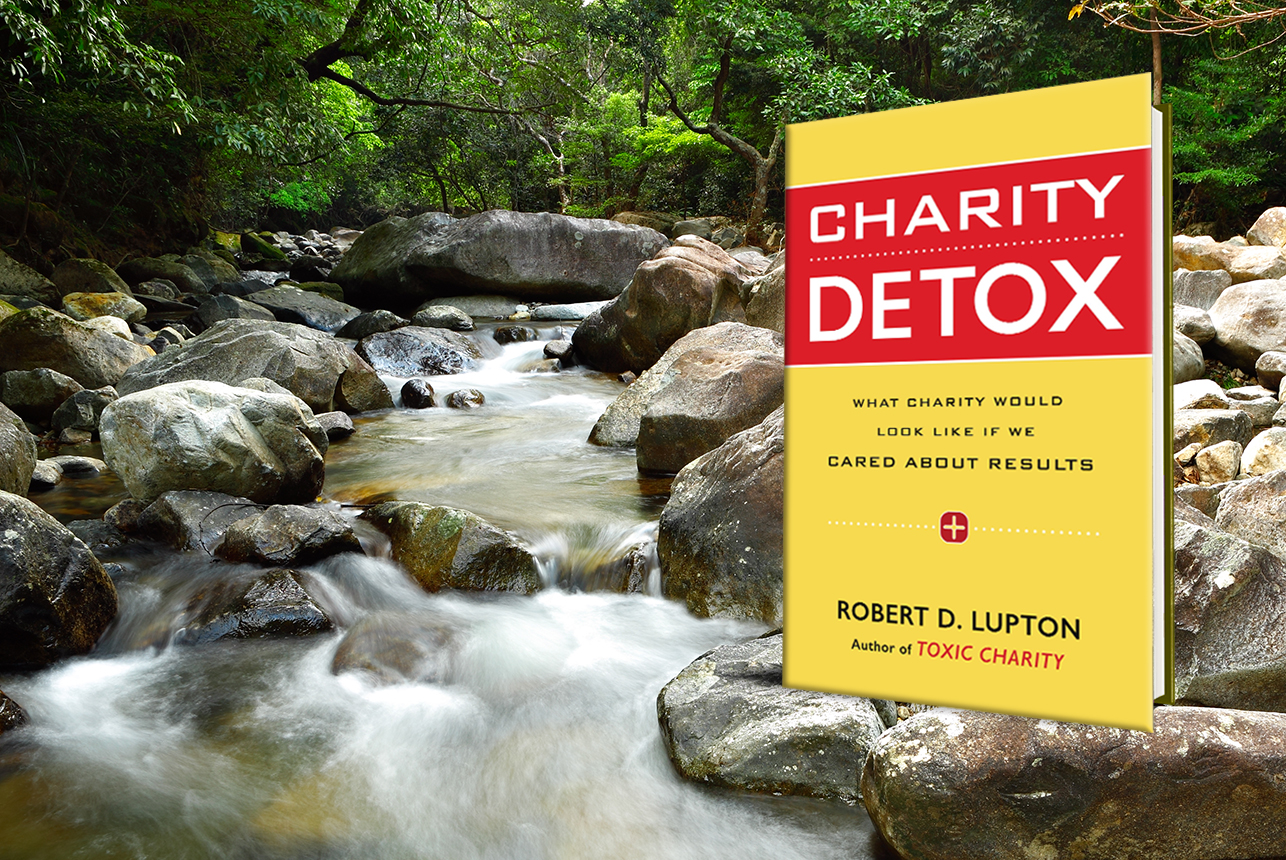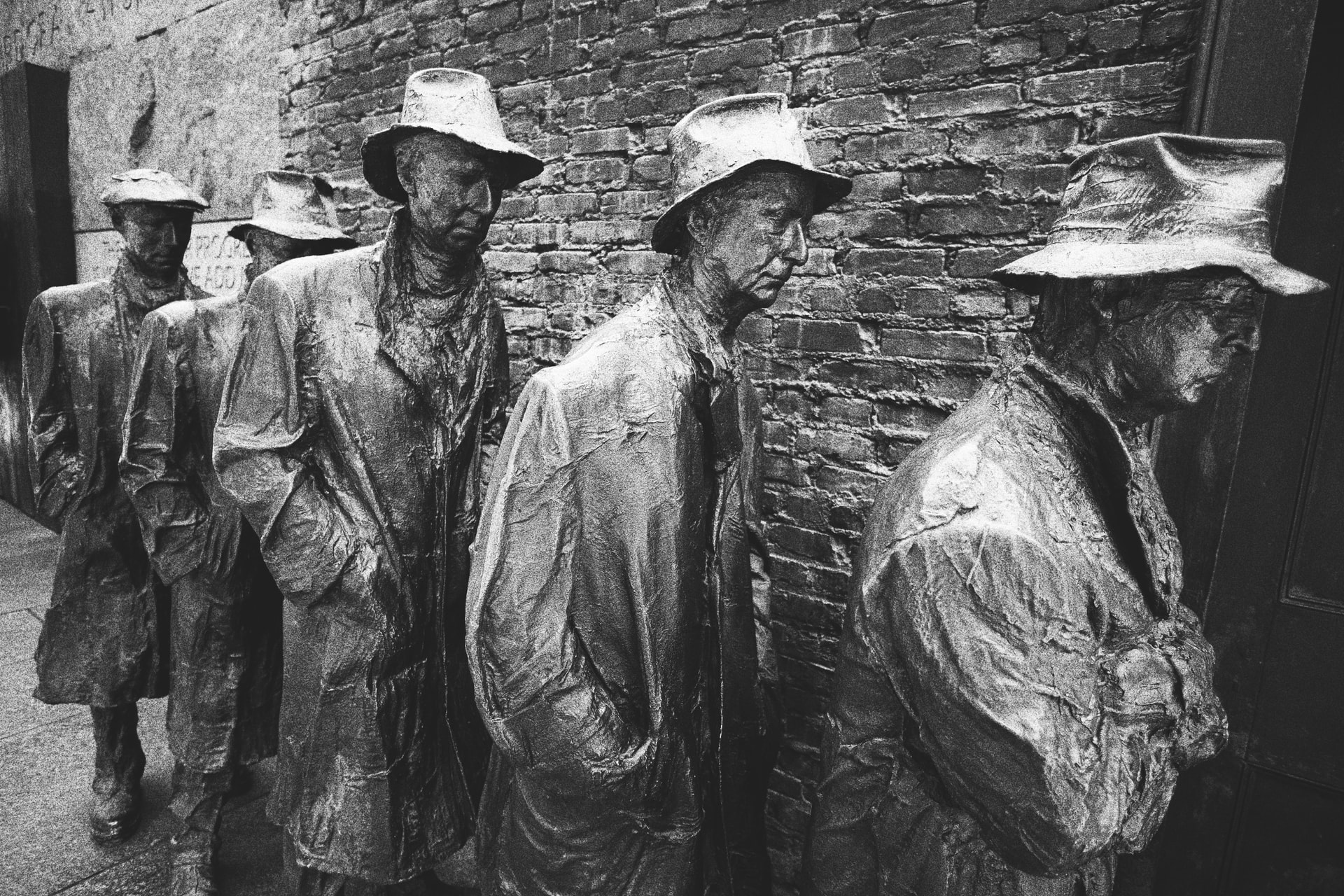 https://www.truecharity.us/wp-content/uploads/2021/04/Apr21-Gods-Resort.jpg
844
1500
Nathan Mayo
https://www.truecharity.us/wp-content/uploads/2023/09/TC-logo-01.png
Nathan Mayo2021-04-13 06:32:392023-10-25 19:46:35Therapeutic Spreadsheets: How Data Facilitate Healing at a Transitional Housing Ministry
https://www.truecharity.us/wp-content/uploads/2021/04/Apr21-Gods-Resort.jpg
844
1500
Nathan Mayo
https://www.truecharity.us/wp-content/uploads/2023/09/TC-logo-01.png
Nathan Mayo2021-04-13 06:32:392023-10-25 19:46:35Therapeutic Spreadsheets: How Data Facilitate Healing at a Transitional Housing Ministry https://www.truecharity.us/wp-content/uploads/2021/04/Apr21-Gods-Resort.jpg
844
1500
Nathan Mayo
https://www.truecharity.us/wp-content/uploads/2023/09/TC-logo-01.png
Nathan Mayo2021-04-13 06:32:392023-10-25 19:46:35Therapeutic Spreadsheets: How Data Facilitate Healing at a Transitional Housing Ministry
https://www.truecharity.us/wp-content/uploads/2021/04/Apr21-Gods-Resort.jpg
844
1500
Nathan Mayo
https://www.truecharity.us/wp-content/uploads/2023/09/TC-logo-01.png
Nathan Mayo2021-04-13 06:32:392023-10-25 19:46:35Therapeutic Spreadsheets: How Data Facilitate Healing at a Transitional Housing Ministry
Charity Detox by Robert Lupton
Imagine a situation in which you learned that the water that you had been drinking for some time had been revealed to be toxic - what you thought was life-giving was actually bringing harm to those who consumed it. In 2011, Robert Lupton wrote an exposé of sorts entitled Toxic Charity that revealed to many that the charity they had practiced for years could likewise be toxic. It was important to realize this, but what does one do to replace toxic practices with those that are life-giving? Robert Lupton’s Charity Detox aims to provide the groundwork and methods for purifying one’s charity.

This Isn’t the Great Depression
“We want to avoid a situation where people are unaware of what they’re entitled to,” said Vice President Harris last Monday. She was explaining the purpose of the Biden administration’s “Help is Here” tour, showcasing the third round of national stimulus legislation passed into law this month. I hope someone meets them along the way and hands off the book When Helping Hurts. This fundamental read highlights the harm done when indiscriminate charity fails to discern true need on an individual level.

14 Best Practices for Turning a Class Into a Community
You’ve identified some of your clients who could benefit from some new skills. It’s easy to say, “Let's teach a class.” But let’s be honest, running a class is tough. We’ve collected some advice from experienced leaders and programs so that you can make your class a time of real transformation and community—and something everyone looks forward to.

Choose Support that Doesn’t Crowd, Cramp, and Hurt
Several years ago in a meeting with some city and nonprofit leaders, I shared the need and vision for a long-term recovery center. The idea became a central piece to a ten-year plan to address homelessness. City-government leaders involved in the discussion voted to allocate $500,000 dollars as seed money to realize the new brick-and-mortar project. Some were shocked when we turned it down. Why would anyone turn away half a million dollars of free government money? Because it’s not free.

Relationships and Science: A Winning Combination for an Oregon Nonprofit
The data speaks for itself: a mere 2% of adults who work full-time live in poverty. Additionally, working adults are happier and healthier than their non-working counterparts. Klamath Works, in Klamath Falls, Oregon, has taken to heart the value of work—and discovered a little-known scientific tool for getting clients into jobs that work for them.
CATEGORIES
 True Charity
True Charity
- A Resurgence of Republicanism: Seizing the Opportunity to Reclaim Self-governance
- Partnering with Landlords for Affordable Housing
- Forgotten Faces: A Call for the Church to Engage the Elderly
- What’s Justice Got to Do With It? How Justice Works With Charity to Uplift the Poor
- After The Storm: How to Shape Our Mercy Ministries for Long-term Success
- Second Chances: Helping Returning Citizens Reintegrate
- Is Healing From Childhood Adversity Possible? A Review of the Book Created to Heal.
- Is Your Mission Statement B.I.G. Enough?
- How to Locally Support Refugees
- How Do I Truly Help Panhandlers?

